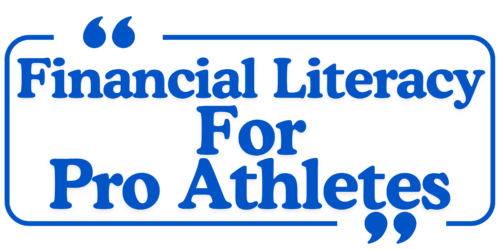Curriculum: Banking Literacy: Understanding Personal and Private Banking
Module 1: Introduction to Banking Literacy
- Objective: Understand the fundamentals of banking and its role in personal finance.
- Topics Covered:
- Overview of the banking system and its functions
- Types of banks: Commercial, Investment, and Private Banks
- Understanding banking terminology (interest rates, fees, etc.)
- The importance of banking literacy in financial planning
Module 2: Personal Banking
- Objective: Gain knowledge about personal banking products and services.
- Topics Covered:
- Types of personal banking accounts (checking, savings, money market)
- Understanding interest rates, fees, and account features
- How to choose the right personal banking products
- Online and mobile banking: benefits and security considerations
Module 3: Private Banking
- Objective: Learn about private banking services tailored for high-net-worth individuals.
- Topics Covered:
- Definition and benefits of private banking
- Services offered by private banks (wealth management, investment advice, estate planning)
- How to qualify for private banking services
- Understanding the relationship between clients and private bankers
Module 4: Setting Up a Bank Account
- Objective: Understand the steps involved in setting up a bank account.
- Topics Covered:
- Documentation required to open a bank account (ID, Social Security number)
- Differences between personal and joint accounts
- The process of choosing a bank and the right account type
- Understanding account maintenance and minimum balance requirements
Module 5: Managing Bank Accounts
- Objective: Learn how to effectively manage personal bank accounts.
- Topics Covered:
- Tips for budgeting and tracking expenses using bank accounts
- Understanding bank statements and reconciling accounts
- The importance of maintaining good banking habits (regular deposits, avoiding overdrafts)
- Using banking tools and apps for better financial management
Module 6: Loans and Credit
- Objective: Gain insights into loans and credit products offered by banks.
- Topics Covered:
- Types of loans available (personal loans, mortgages, auto loans)
- Understanding credit scores and how they affect loan eligibility
- The loan application process and what lenders look for
- Managing debt and repayment strategies
Module 7: Investment Options through Banks
- Objective: Learn about investment products and services offered by banks.
- Topics Covered:
- Overview of bank investment products (CDs, mutual funds, retirement accounts)
- Understanding risk and return in bank investments
- How to choose suitable investment options based on financial goals
- The role of financial advisors in banking institutions
Module 8: Understanding Bank Fees and Charges
- Objective: Recognize various bank fees and how to avoid unnecessary charges.
- Topics Covered:
- Common bank fees (maintenance fees, ATM fees, overdraft fees)
- How to compare fees across different banks and accounts
- Strategies to minimize banking costs
- Importance of reading the fine print in banking agreements
Module 9: Protecting Your Banking Information
- Objective: Understand security measures to protect personal banking information.
- Topics Covered:
- Common banking scams and how to avoid them
- Importance of strong passwords and two-factor authentication
- Tips for safe online and mobile banking practices
- What to do if you suspect fraud or identity theft
Module 10: Conclusion and Resources for Continuous Learning
- Objective: Summarize key concepts and encourage ongoing education in banking literacy.
- Topics Covered:
- Recap of essential banking concepts
- Resources for further education (books, online courses, workshops)
- Encouragement to stay informed about changes in banking laws and products
- Building a network of banking professionals for advice and support
Assessment and Certification
- Objective: Evaluate understanding and provide certification upon completion.
- Components:
- Quizzes at the end of each module to assess knowledge retention
- A final exam covering all modules
- Certificate of completion for successful participants
Interactive Elements
- Webinars and Q&A Sessions: Host live sessions with banking experts to discuss important topics.
- Discussion Forums: Create a community space for athletes to share experiences and insights related to banking.
This curriculum aims to empower professional athletes with a comprehensive understanding of personal and private banking, ensuring they can make informed banking decisions that contribute to their overall financial health and success.
4o mini
